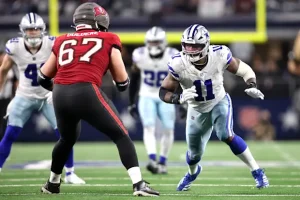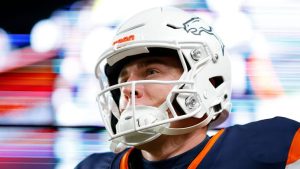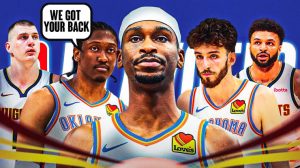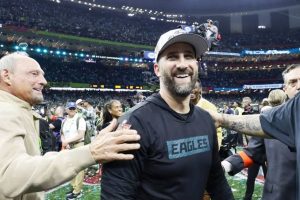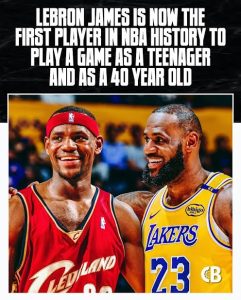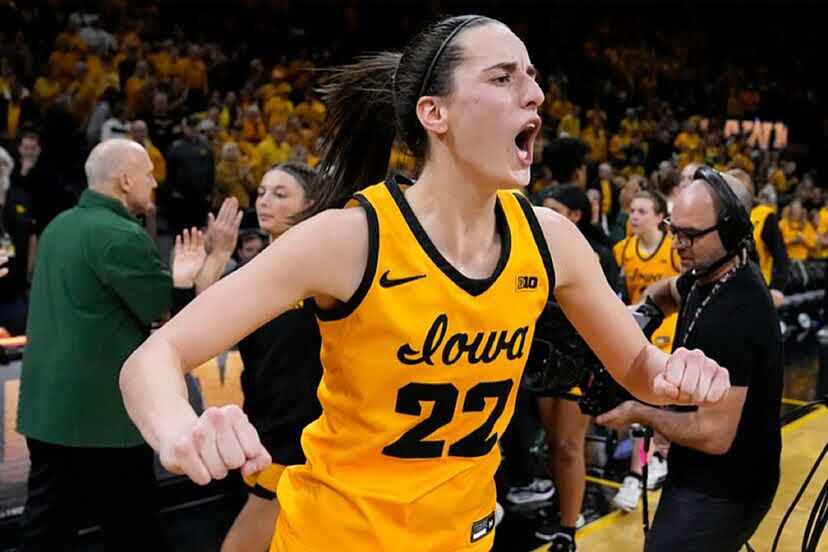
Why Caitlin Clark could make more money staying in college than going to the WNBA.
Caitlin Clark is one of college basketball’s brightest stars. She is only 51 points shy from breaking Pete Maravich’s all-time Division I scoring record of 3,667 points.
Clark is projected to be the first overall choice in the WNBA draft when she turns pro. Will she quit the Iowa Hawkeyes after this season or continue in college for another year?
Clark is a senior, but she has a fifth year of NCAA eligibility because of the extra year awarded to many athletes who missed time during their collegiate careers because to the COVID pandemic. So she must decide whether being a supersenior or entering the WNBA Draft will benefit her — and her finances.
“The answer has changed a tonne in the last three years because the NCAA dropped its ban on NIL,” Victor Matheson, an economics professor at the College of the Holy Cross who specialises in sports, told MarketWatch, referring to name, image, and likeness income. “Three years ago, if she had opted to return for another year, she would have received a year of high-quality Iowa education as well as the affection and admiration of every Iowan, but she would not have received any money. “A move to the WNBA would have made sense.”
The NCAA began allowing college athletes to profit from their name, image, and likeness in 2021, after student-athletes won a decades-long battle over the fairness of receiving no remuneration for using their NIL, despite the fact that the games they played in generated millions of dollars for the institutions where they were enrolled.
Clark will earn an estimated $910,000 from NIL transactions this season, according to On3’s patented NIL methodology, which considers NIL-deal data, performance, influence, and exposure. She has endorsement partnerships with Gatorade, State Farm, Nike (NKE, +0.58%), Buick, Topps, and H&R Block (HRB, +2.10%).
If she turns pro and is one of the top picks, she will make $76,535 each year, therefore she will most likely earn the majority of her money from off-court business ventures.
Last season, 10 collegiate players, including two women, earned more than $1 million through NIL deals. Angel Reese, a basketball player at Louisiana State University, earned $1.7 million.
For many elite male athletes with college eligibility remaining, the decision to go pro is easy to make because the earnings paid by the NBA, NFL, and MLB to its top players are significantly more than the sums earned through NIL contracts.


